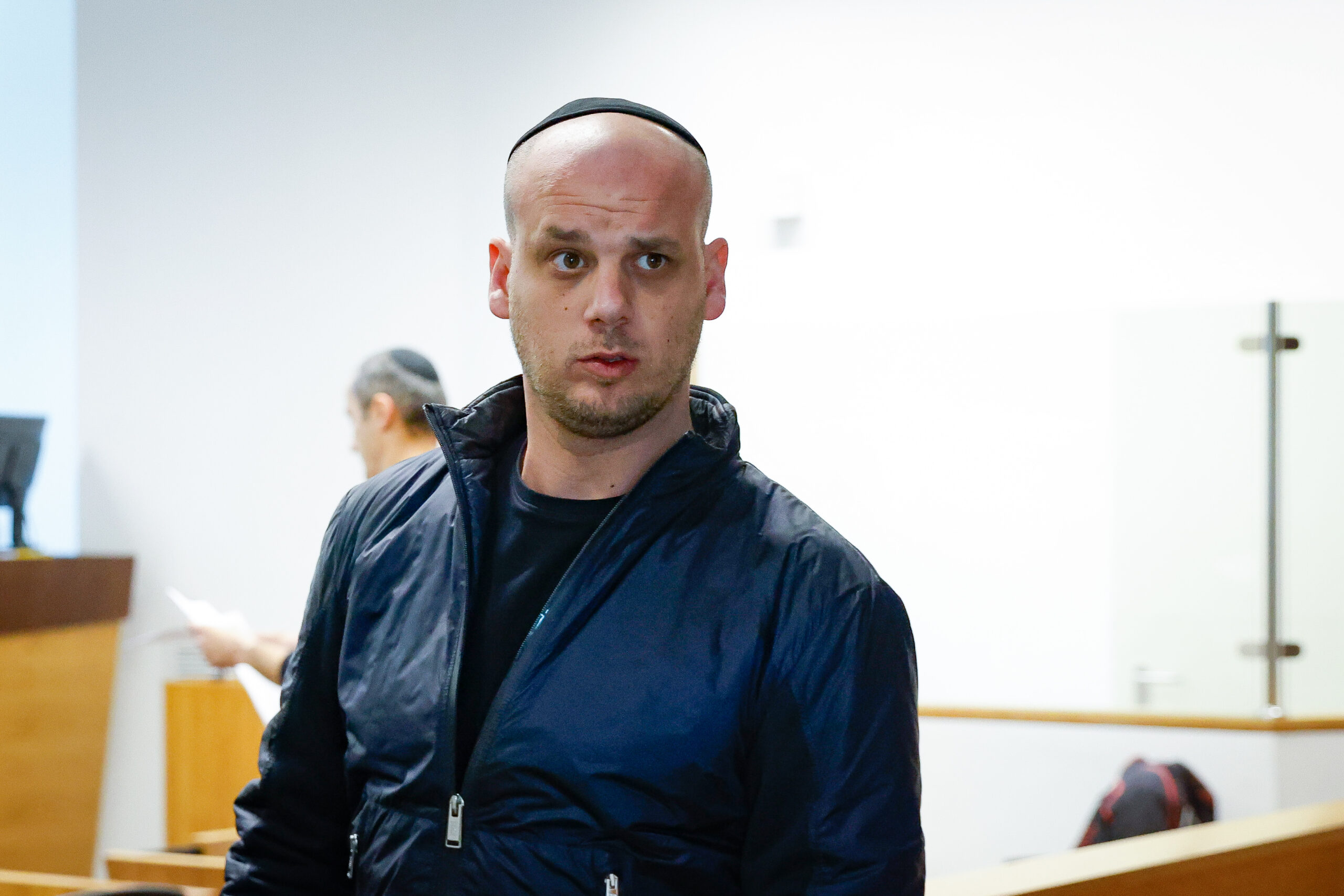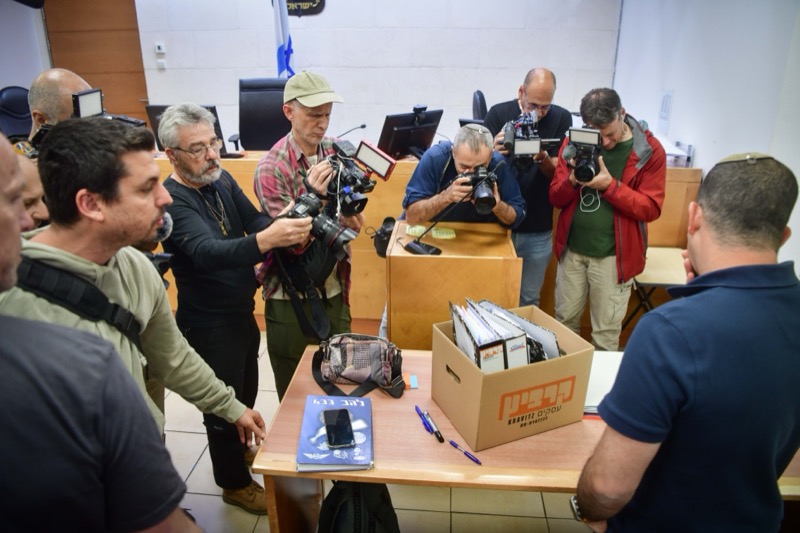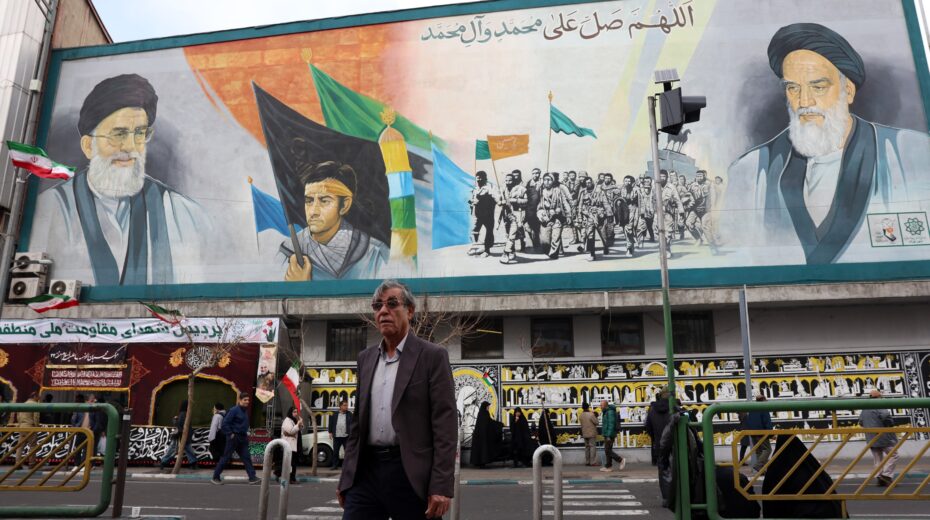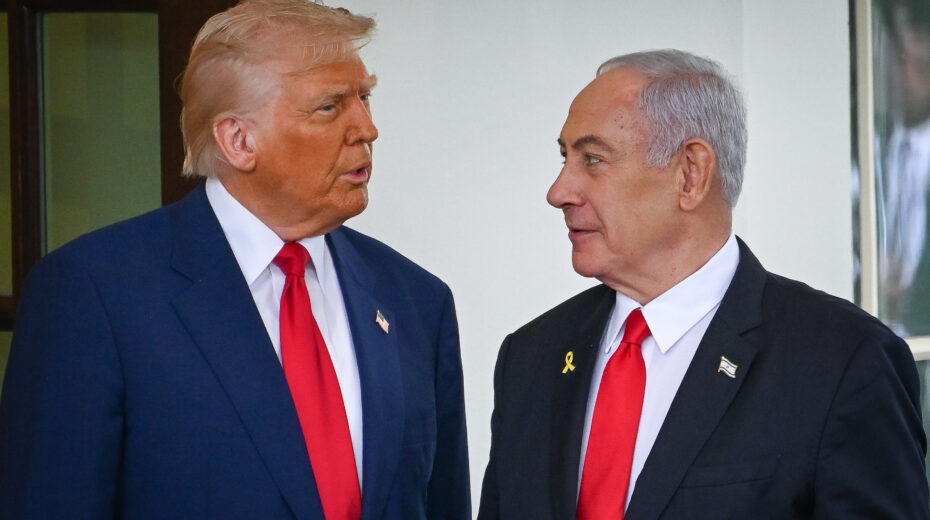The recently uncovered “Qatar-Gate” affair is causing unprecedented consternation in Israeli politics and among the public. The allegations against the Prime Minister’s advisors, Yonatan Urich and Eli Feldstein, raise explosive questions: How was the government’s communication policy actually shaped—and where did the messages sent to Israeli and international media originate?
At the heart of the affair is the claim that the two advisors disseminated media content that supposedly came from Israeli security and foreign policy circles—but in reality stemmed from Qatar, a state viewed in Israel as a problematic actor, particularly due to its support for Hamas and the Muslim Brotherhood.

Qatar: Friend or foe?
Although Qatar is not officially an enemy state, its behavior over the years leaves little doubt about its intentions. The Qatari news channel Al Jazeera regularly serves as a platform for incitement against Israel and provides a broad stage for representatives of Hamas and extremist Islamist ideologies. At the same time, Qatar plays a central role as a mediator in the hostage issue and in sensitive political processes. This dual role raises a critical question: Can Qatar be regarded as a fair mediator—or is it an actor with an anti-Israeli agenda hiding behind a mask of neutrality?
The allegations: Classified intel, foreign influence, and targeted leaks
Central to the investigations is the suspicion that Urich and Feldstein did not act independently but served as tools of Qatari interests, aiming to influence public discourse in Israel. According to the investigation findings, they presented messages as statements from Israeli security circles, when in fact they were manipulations by Qatar-affiliated actors. Thus, individuals within the Prime Minister’s Office allegedly acted in connection with a state that takes a hostile stance toward Israel.
There is also a well-founded suspicion that an American company representing Qatar’s interests was in contact with Urich. The goal of this collaboration was to portray Qatar’s role in the hostage issue positively while casting Egypt in a negative light. Money reportedly flowed to Feldstein.
A particularly alarming aspect: There is suspicion that Feldstein passed classified information to Qatar—with the intent of undermining Israel’s security. If proven true, this would constitute not only a serious criminal offense but also a direct threat to national security.
Political dimension: Netanyahu strikes back
Prime Minister Benjamin Netanyahu responded with a frontal attack on the law enforcement agencies. He described Urich and Feldstein as “hostages” of a political investigation aimed solely at toppling his government. In his view, it is a campaign against him personally and his political initiatives—a product of political persecution.
Netanyahu’s circle even claims the affair was fabricated by the head of the domestic intelligence service (Shin Bet), Ronen Bar, to prevent his own impending dismissal. Shin Bet representatives counter that the investigations had already begun before Bar’s dismissal was announced. Netanyahu, in turn, stated that he lost trust in Bar on October 7—because Bar did not wake him or other decision-makers during the night of the Hamas attack, which could have prevented or mitigated the damage. Shin Bet officials argue that Netanyahu had publicly praised Bar and the intelligence service multiple times since the war began—and the investigations into the affair started before any dismissal plans emerged.
Meanwhile, investigators stress that this is a grave case with far-reaching implications for Israel’s security and the integrity of public service.

Criticism of police conduct
Judge Menachem Mizrachi sharply criticized the police’s handling of the case. He particularly faulted their failure to enforce the imposed news blackout, which led to repeated leaks. This criticism raises the question of whether the investigations are being conducted purely professionally—or are politically motivated.
Is it bribery?
Another point of contention is whether Urich and Feldstein are guilty of bribery. The defense argues that neither are public officials in the traditional sense, thus lacking the legal basis for this charge. Prosecutors, however, cite a Supreme Court ruling that external consultants supporting public bodies can fall under the definition of a “public official.”
What’s next?
The Qatar-Gate affair raises profound questions that extend far beyond the two arrested advisors. It exposes how deeply foreign interests may have penetrated Israeli decision-making centers—and how easily public debate can be manipulated by external actors. Is this an isolated incident—or merely the tip of the iceberg?
In a political climate where public trust in the government and judiciary is already shaken, this affair acts as an accelerant. If the allegations against Urich and Feldstein are substantiated, Israel’s political system could face a genuine shock. If the investigations prove baseless, “Qatar-Gate” could become the next chapter in the escalating confrontation between the executive and the judiciary.
Either way, this affair will preoccupy Israel for some time to come—and could prove decisive for its political future.
Want more news from Israel?
Click Here to sign up for our FREE daily email updates















It is interesting that whatever happens to Trump, caused by the left, somehow also happens to Bibi. Is it also caused by the left in Israel?